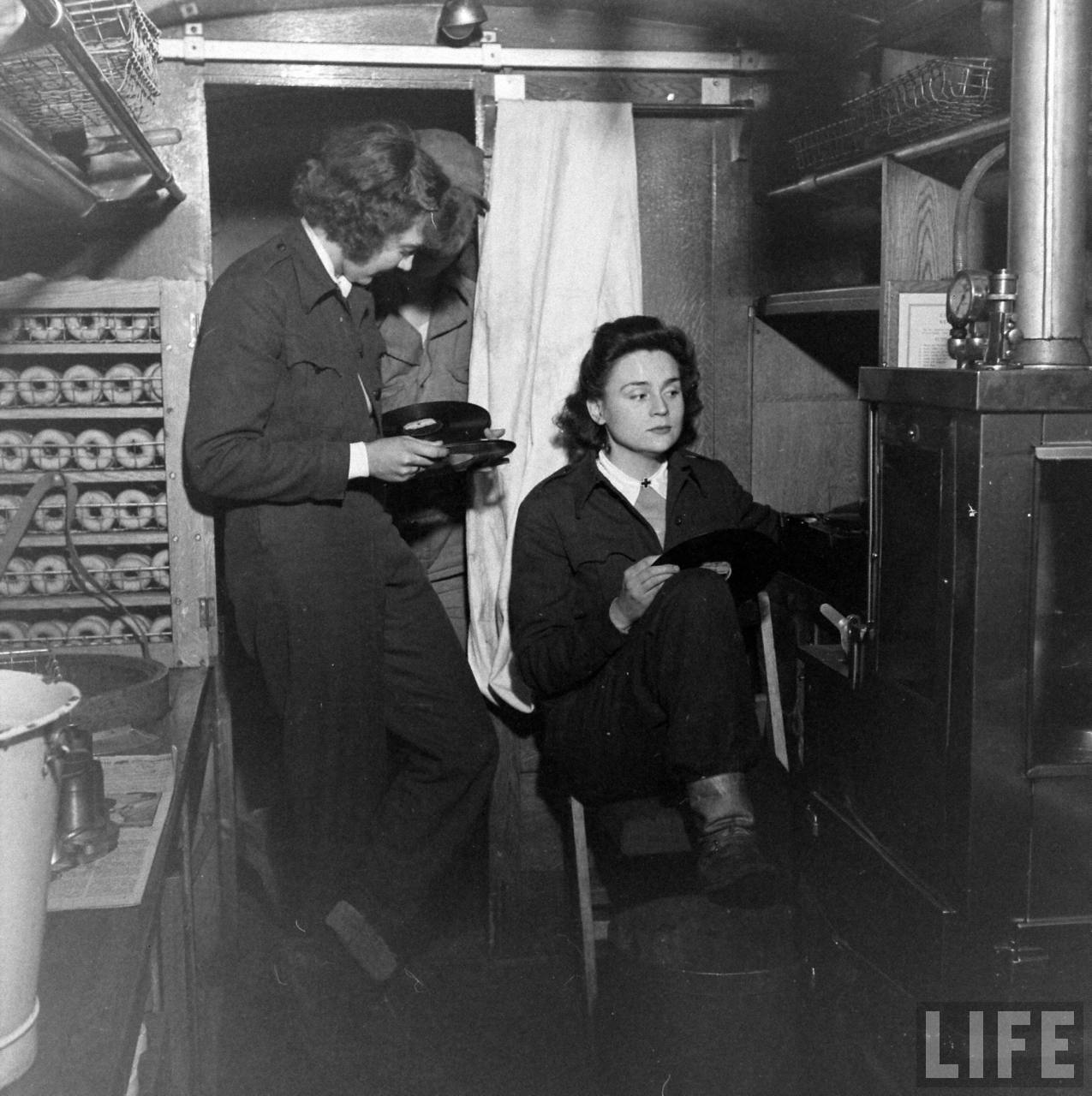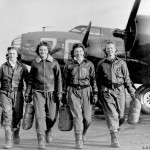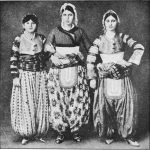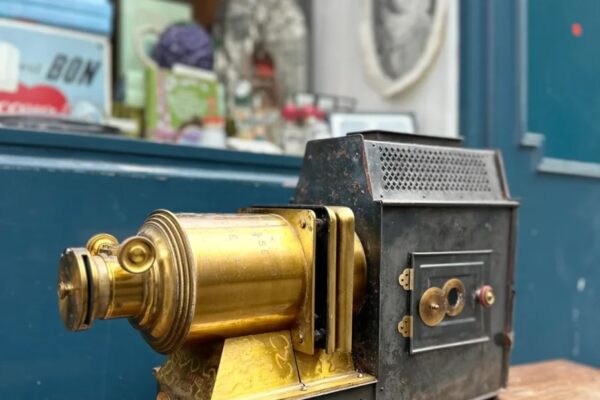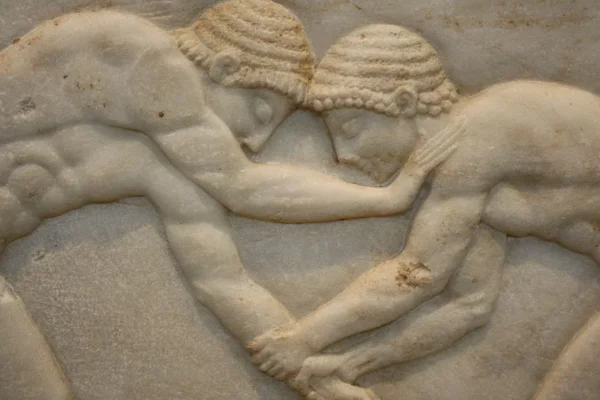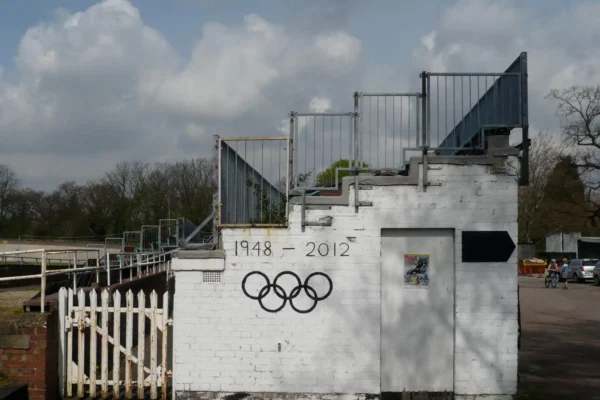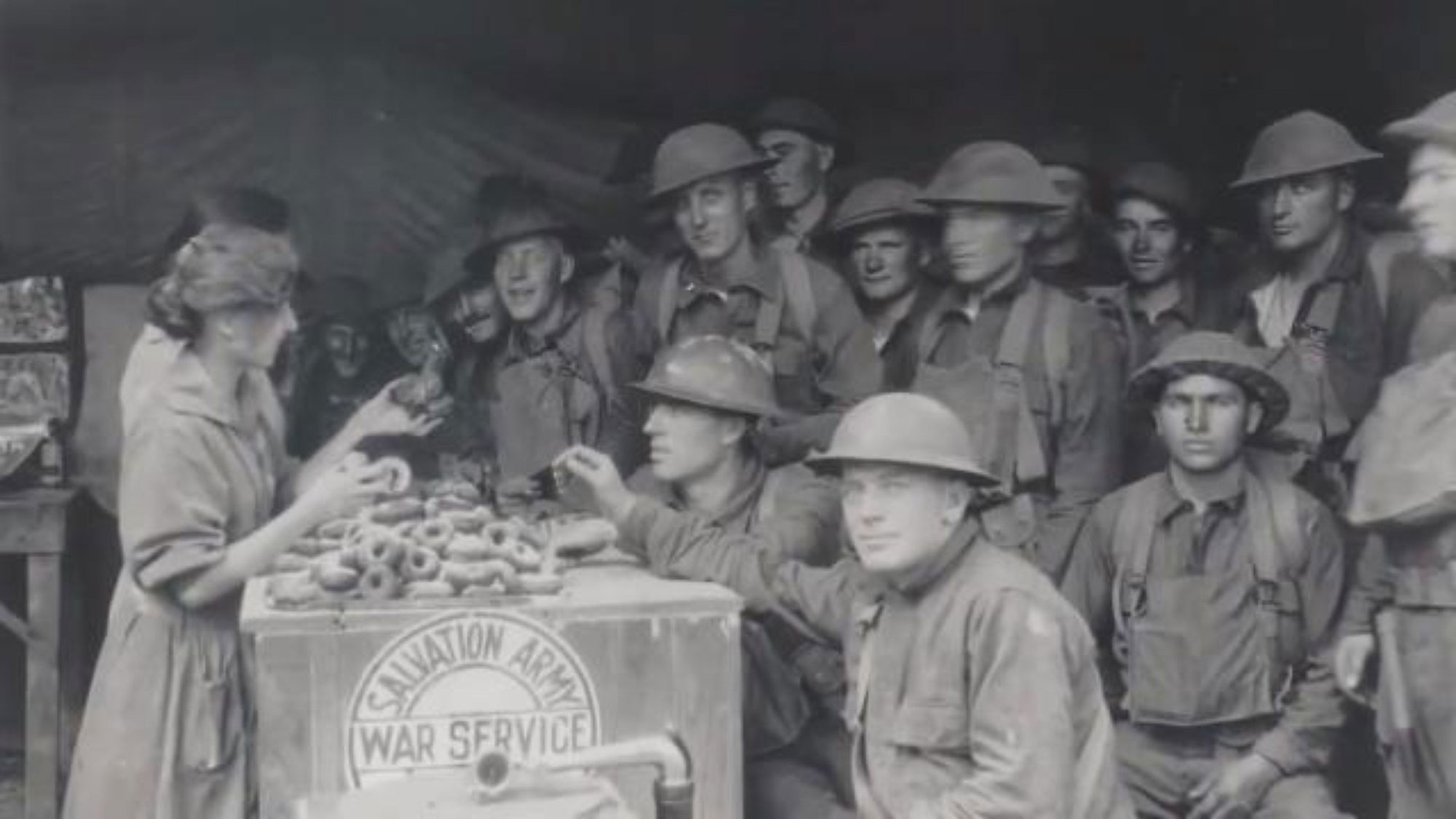
The doughnut– America’s favourite indulgence– has an unexpected heroic history. Despite having been invented in the 1800s, the doughnut wasn’t popularised until WWI, when the ring-shaped pastries brought comfort to thousands of soldiers serving in the trenches during the brutal years far from home. The Salvation Army, a well-known Christian charitable foundation, became the first prominent organisation to provide soldiers with fried doughnuts on the front lines of the Great War, thanks to the brave women whose story has remained a footnote in wartime history.
Although only about 250 volunteers were sent to the French trenches, these women were eventually able to turn out 8,000 doughnuts a day and news of these “donut girls” spread quickly throughout France and the U.S. The women traveled with their troupes to the front lines, piling their supplies into the ammunition train and moving through the night. Often, army generals weren’t fond of women being so close to combat, but the ladies were determined to dish out their donuts to the troops.
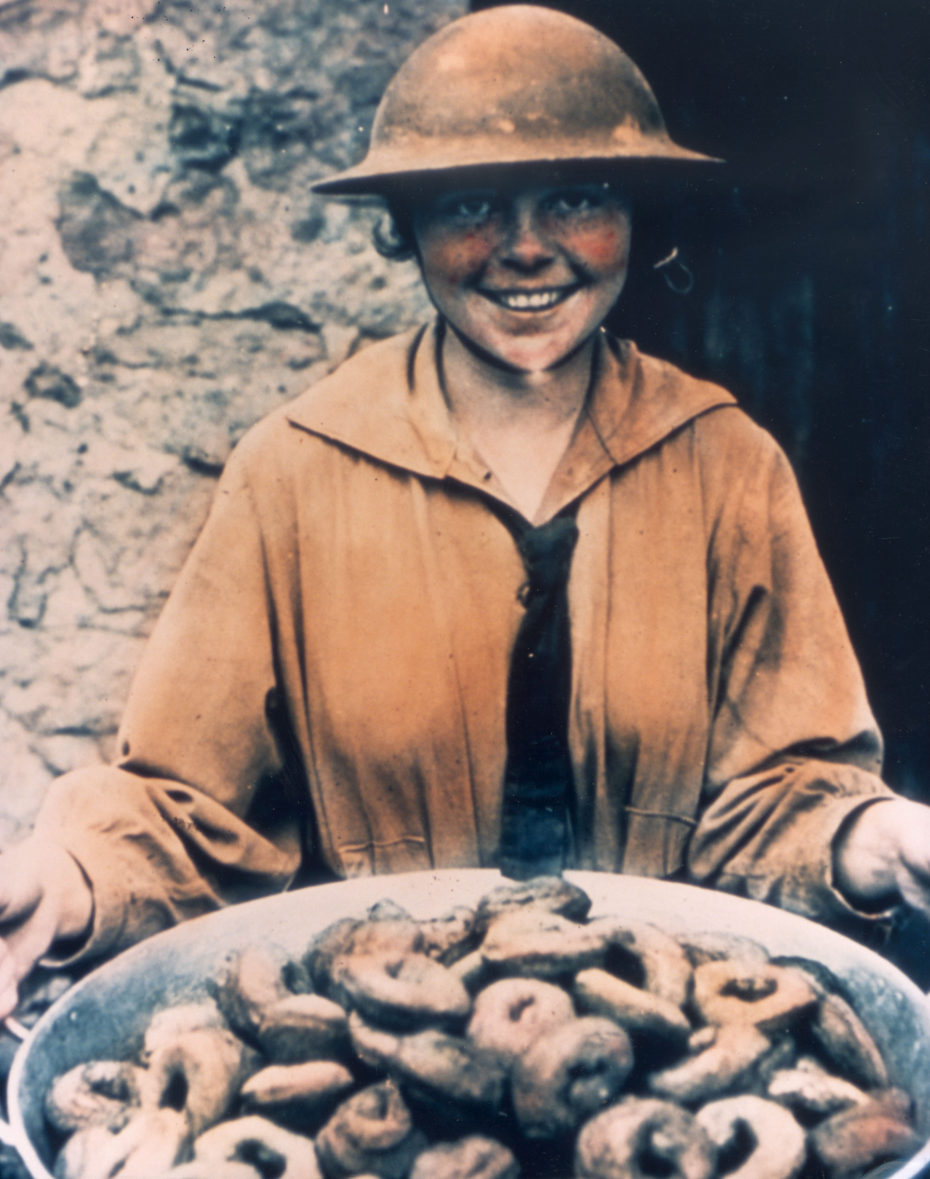
The first donut girl, Lt. Col. Helen Purviance, is quoted as saying “General Pershing wasn’t keen about women going close to the front lines. He said he didn’t want to take responsibility for us. We told him he wasn’t. We were taking responsibility to do this,” (The Salvation Army).
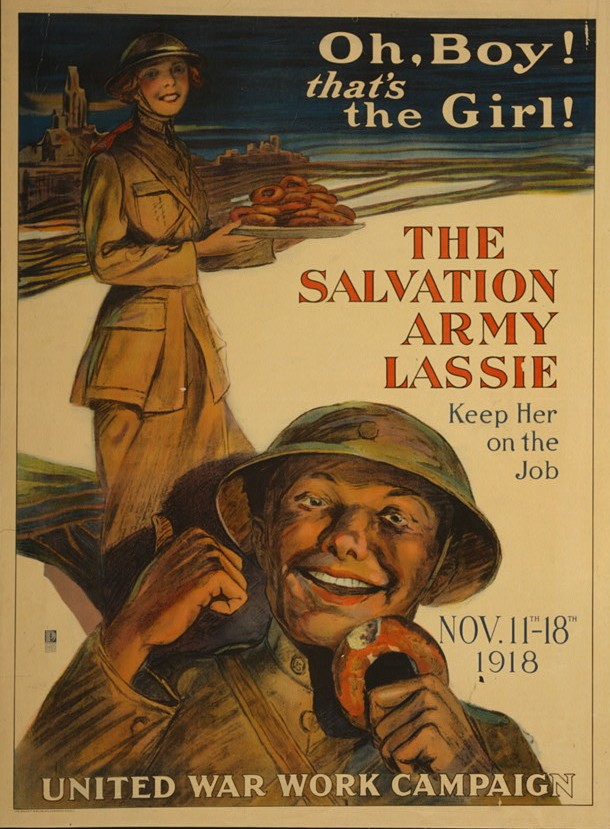
These women took their fate into their own hands, fighting hard just to support their troops in the best way they knew how. Despite many men’s doubts, the doughnut girls were far from helpless. They were outfitted with gas masks, helmets, and .45 caliber revolvers, which they were instructed to practice with. Despite warnings to stay back, they stayed at their posts, constantly in danger of gas or bombings.
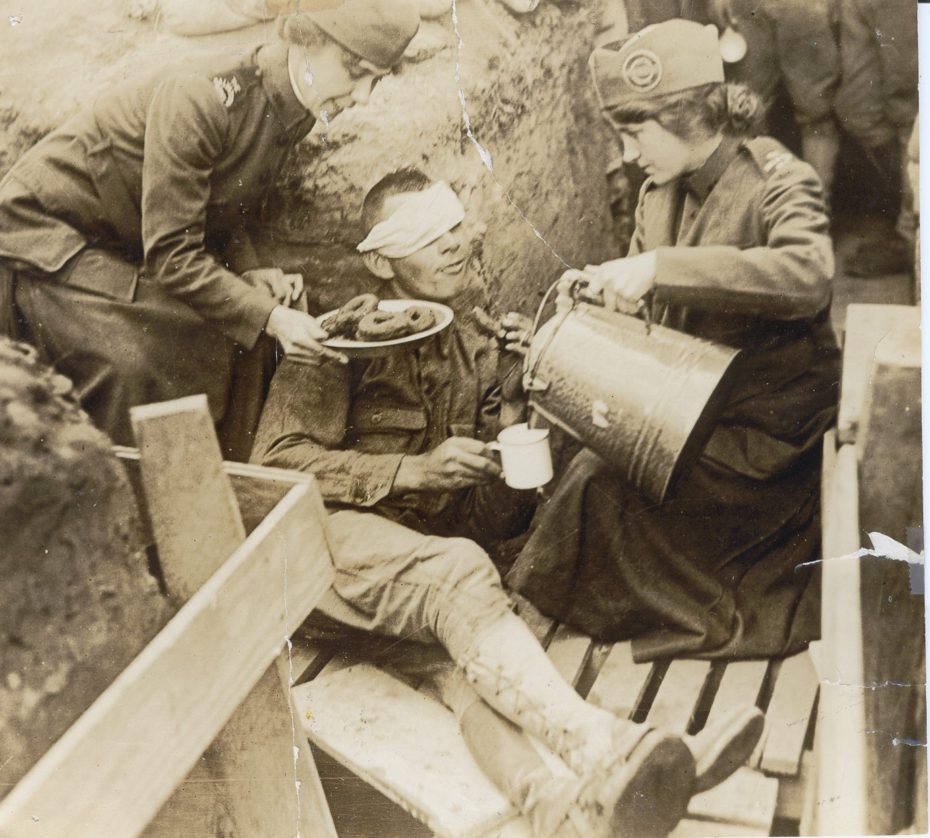
Salvation Army lassies, and their male assistants (doughboys) were not sent overseas simply to bake. Their primary function being to bring a piece of normalcy and home to troops, but they were essentially surrogates for wives or mothers and would serve hot chocolate or hand out clean socks– whatever it was that the troops needed.
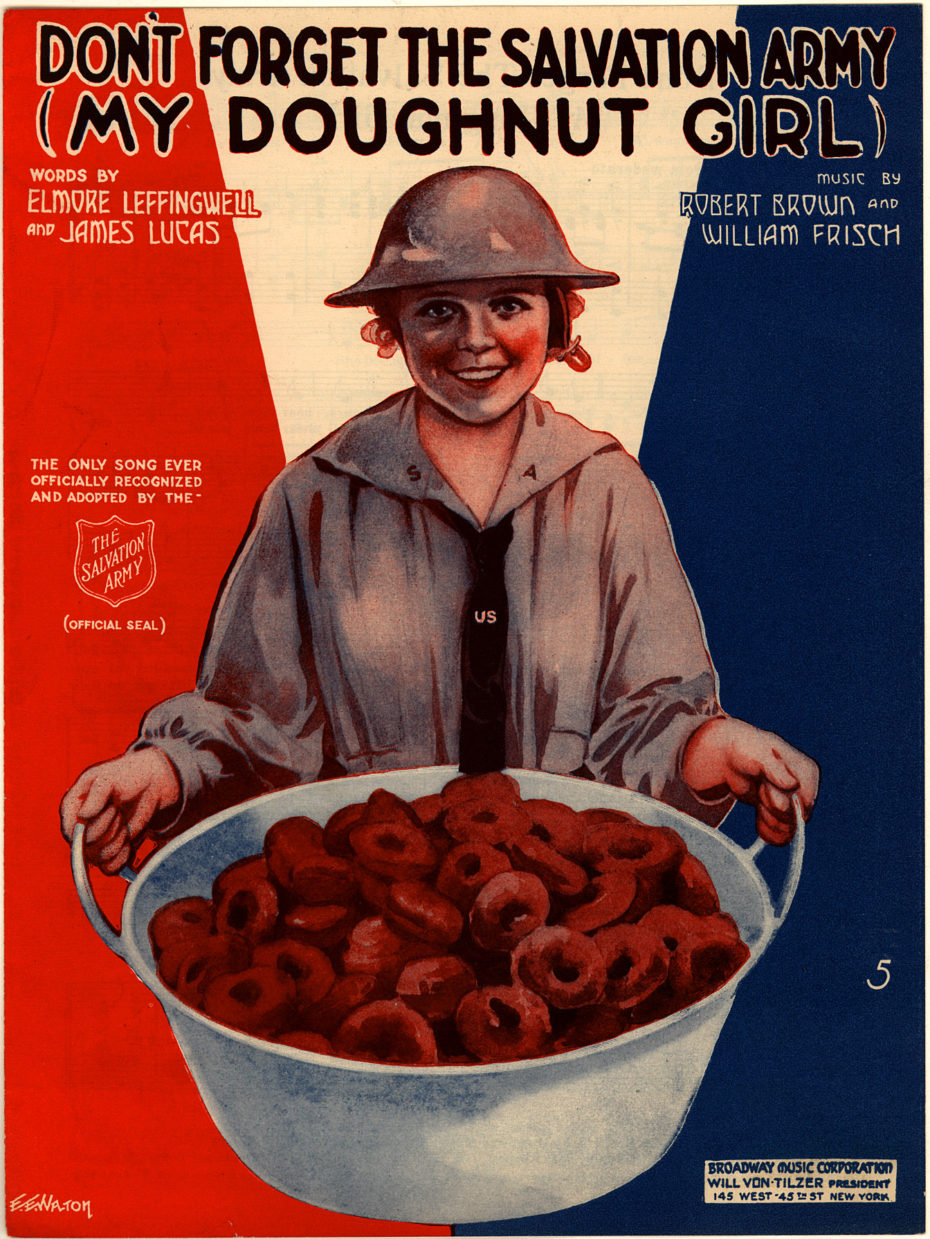
Although donuts had been invented in the 1800s without creating much enthusiasm, they became a perfect option for women on the front lines who often struggled to obtain ingredients. Doughnuts didn’t require the fruit fillings that pies did and eggs could be bought from the local French villagers.
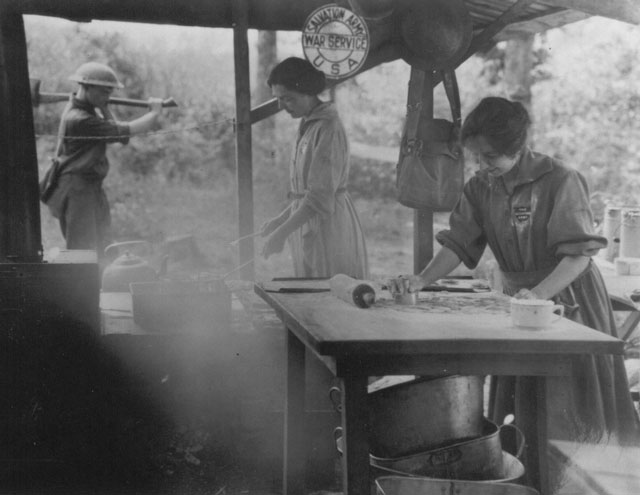
When production began, their instruments were crude and they were only able to produce 150 doughnuts a day, twisting the shapes by hand. Because of limited space, the doughnuts could only be fried seven at a time.
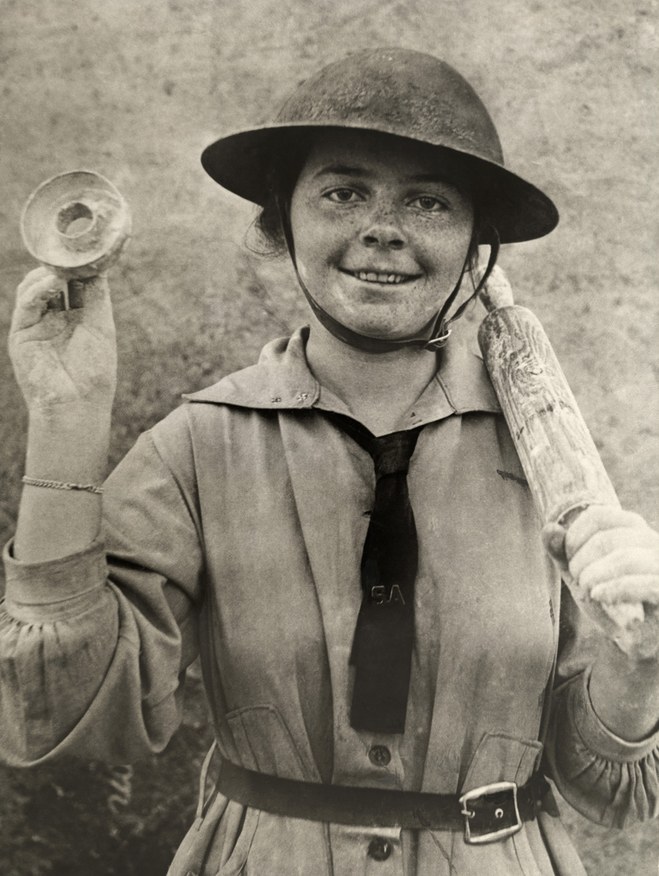
Eventually Lt. Col. Helen Purviance went to a local blacksmith and asked him to nail together and empty condensed milk can and shaving cream canister to jerry rig a mold with the right shape.
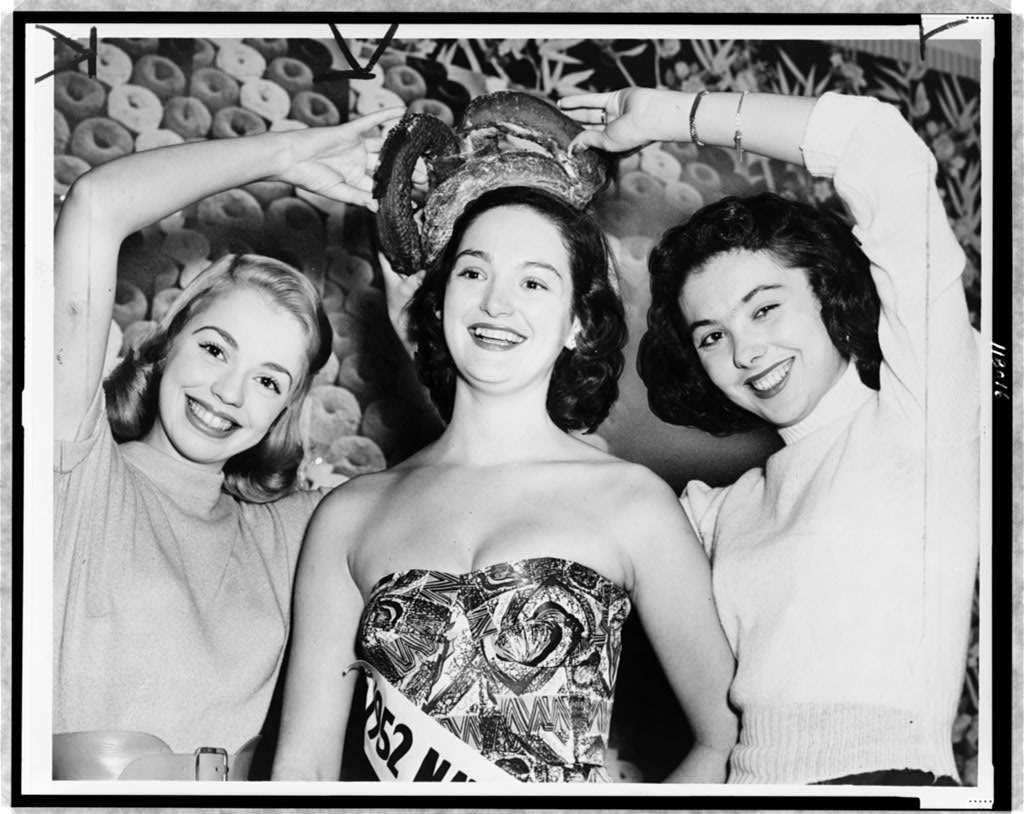
Diane Scholen, left, and Pat Kizeminski, right (runners-up) place doughnut crown on Nancy Templeton, National Doughnut Queen. Photo by Fred Palumbo, 1952
Doughnut girls became a signature of The Salvation Army’s work in the 20th century and they played it up, raising money with doughnut games, and even hosting a beauty competition for “National Doughnut Queen” that lasted through the middle of the century.
Come World War II, the American Red Cross created a Clubmobile Service, London Green Line buses converted to provide servicemen with food, entertainment and “a connection home.”
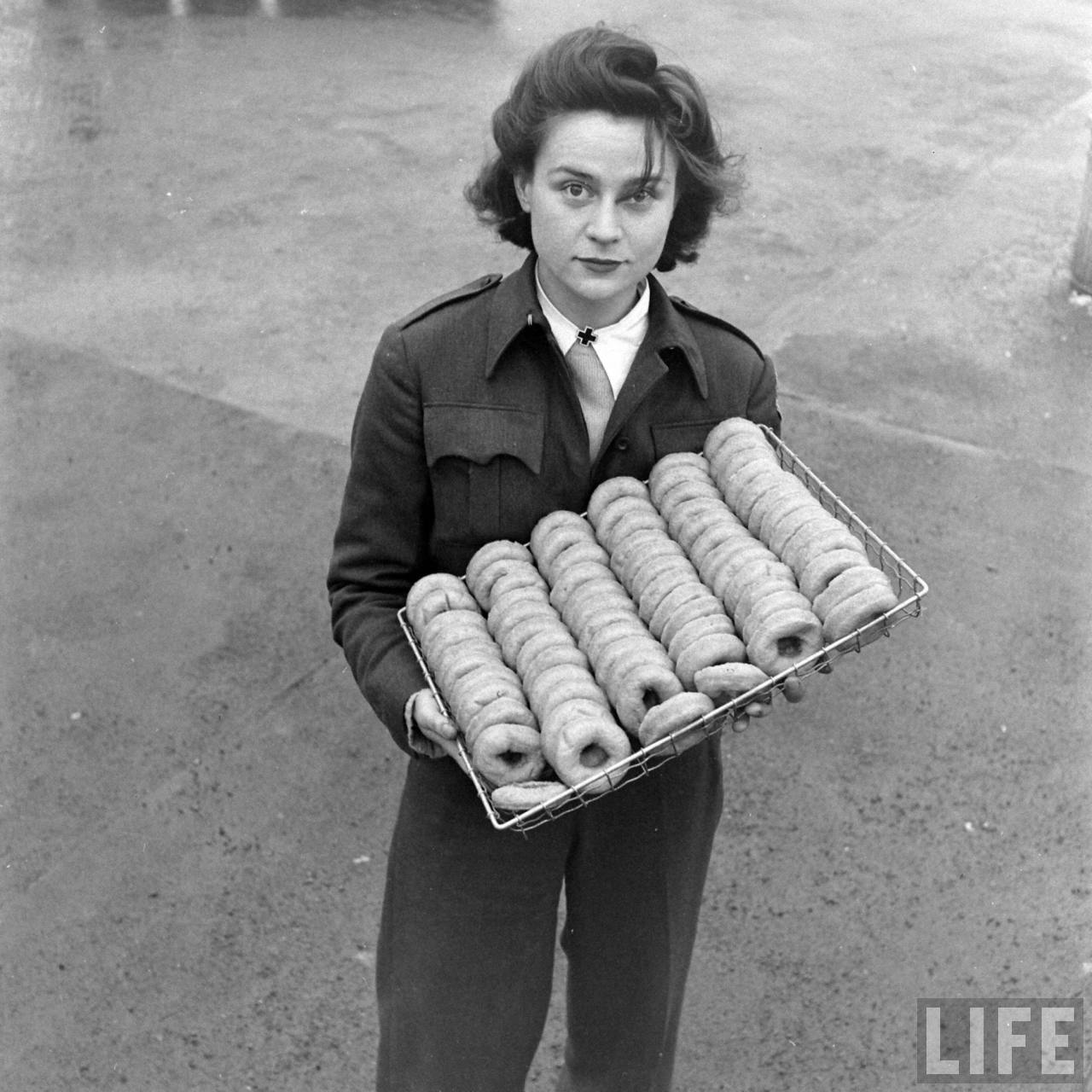
© Bob Landry
Women who volunteered for the Clubmobiles became known as “donut dollies,” required to be between the ages of twenty-five and thirty-five, have some college education and work experience, and to be “healthy, physically hardy, sociable and attractive.”
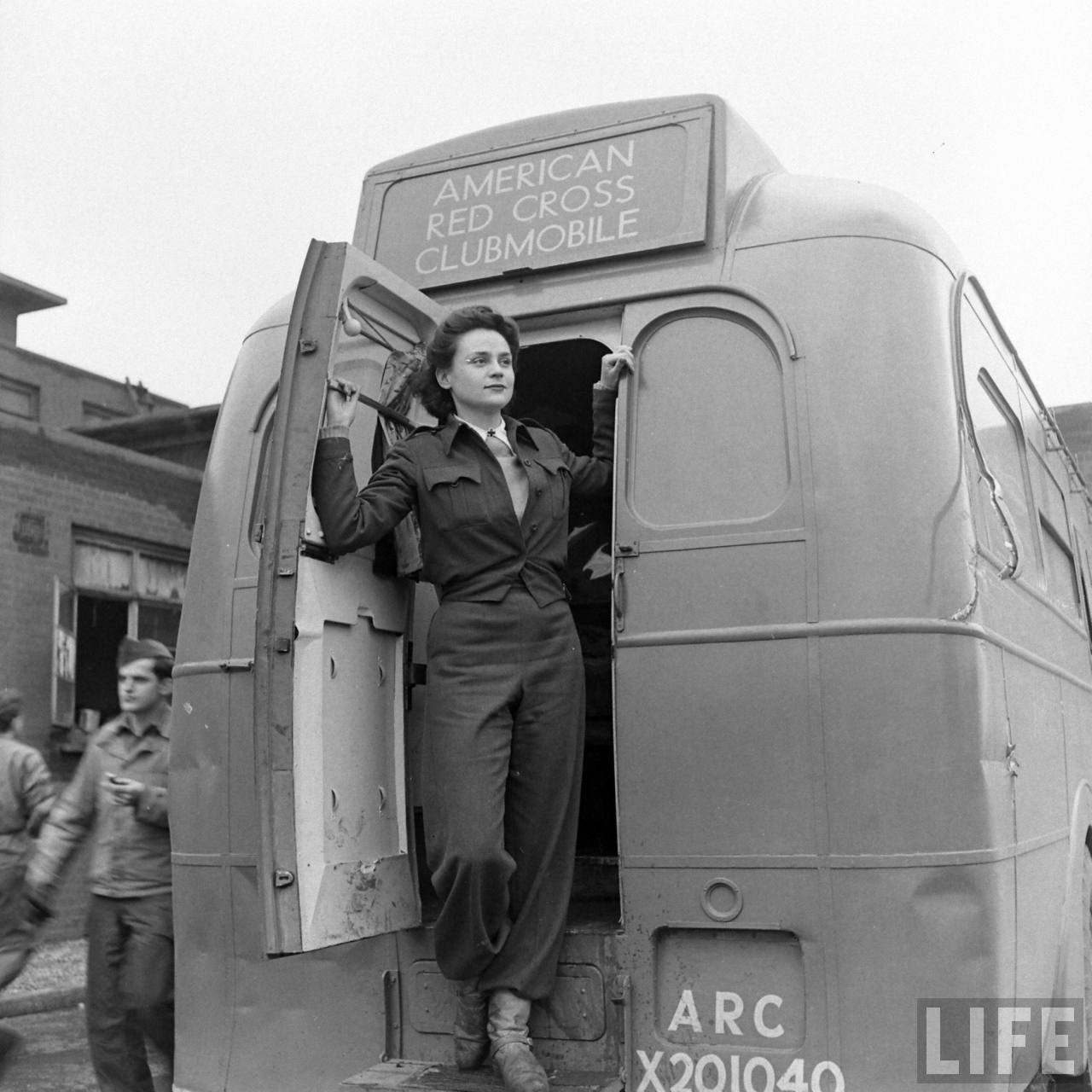
© Bob Landry
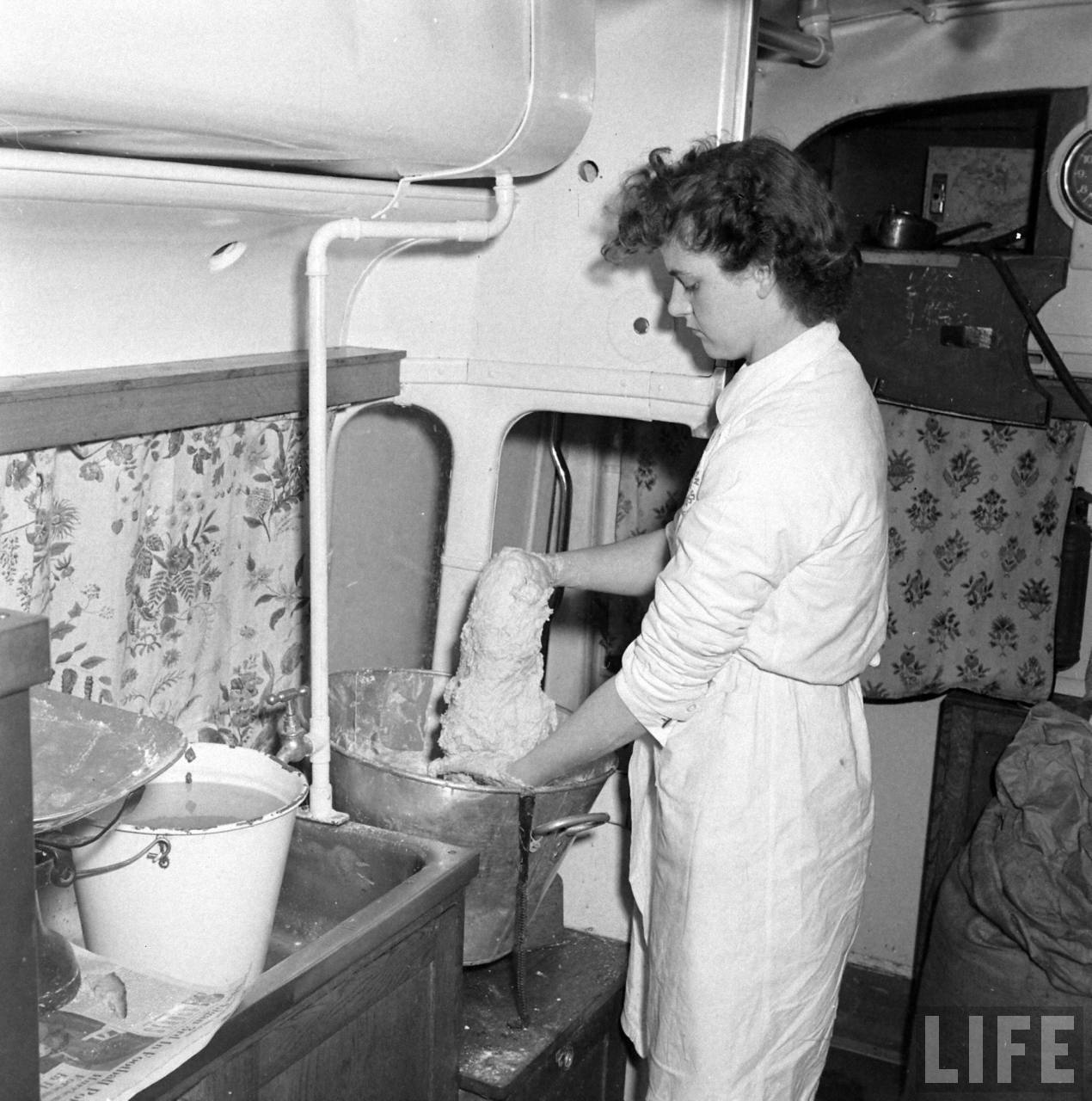
© Bob Landry
Clubmobiles were kitted out with a built-in doughnut machine within a fully equipped kitchen. The rear of the Clubmobile had a “lounge” area with with benches that doubled as sleeping bunks for the volunteers. The bus service also offered books, candy, gum and cigarettes, and had a music player with loud speakers to play for the troops.
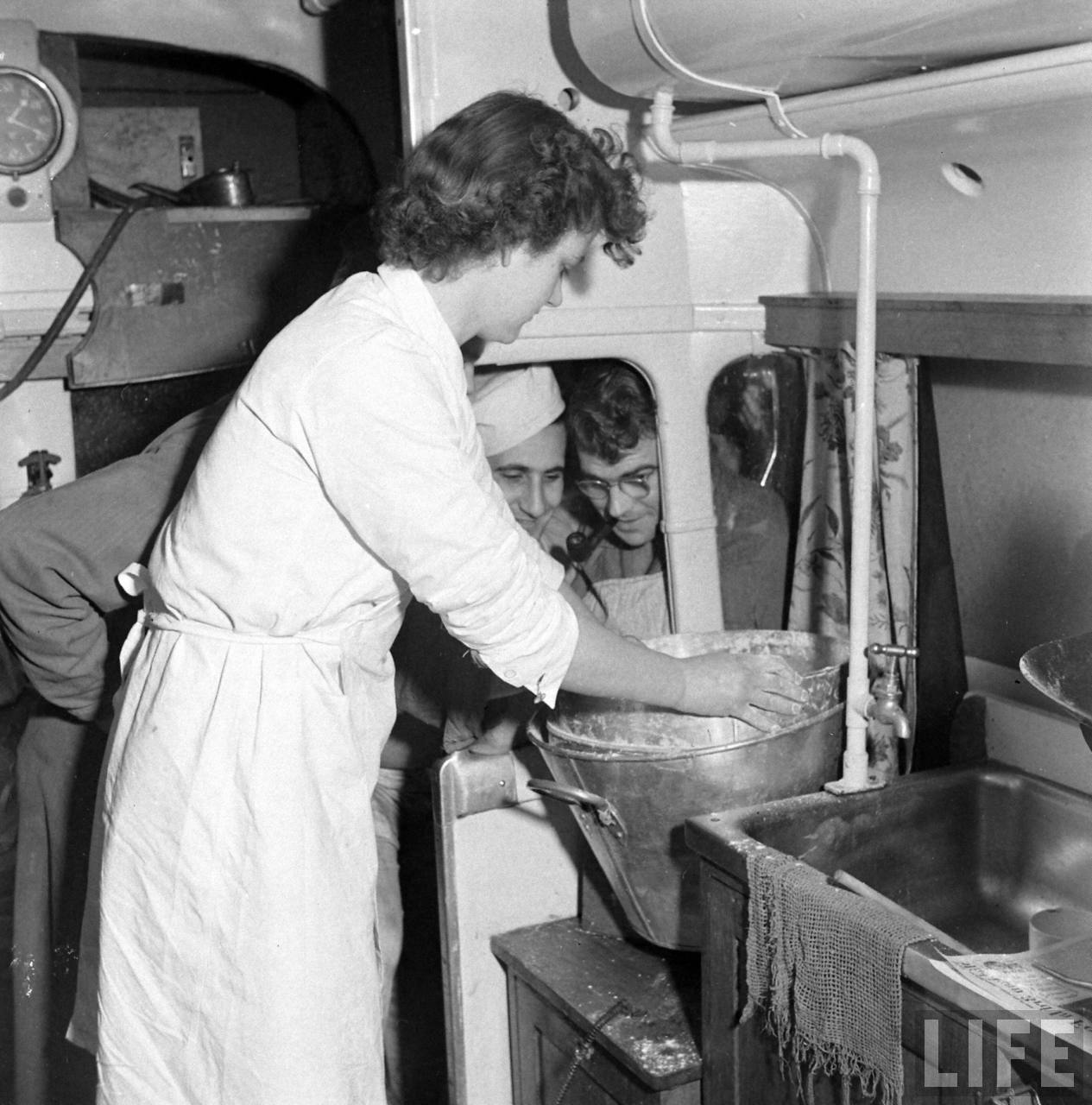
© Bob Landry
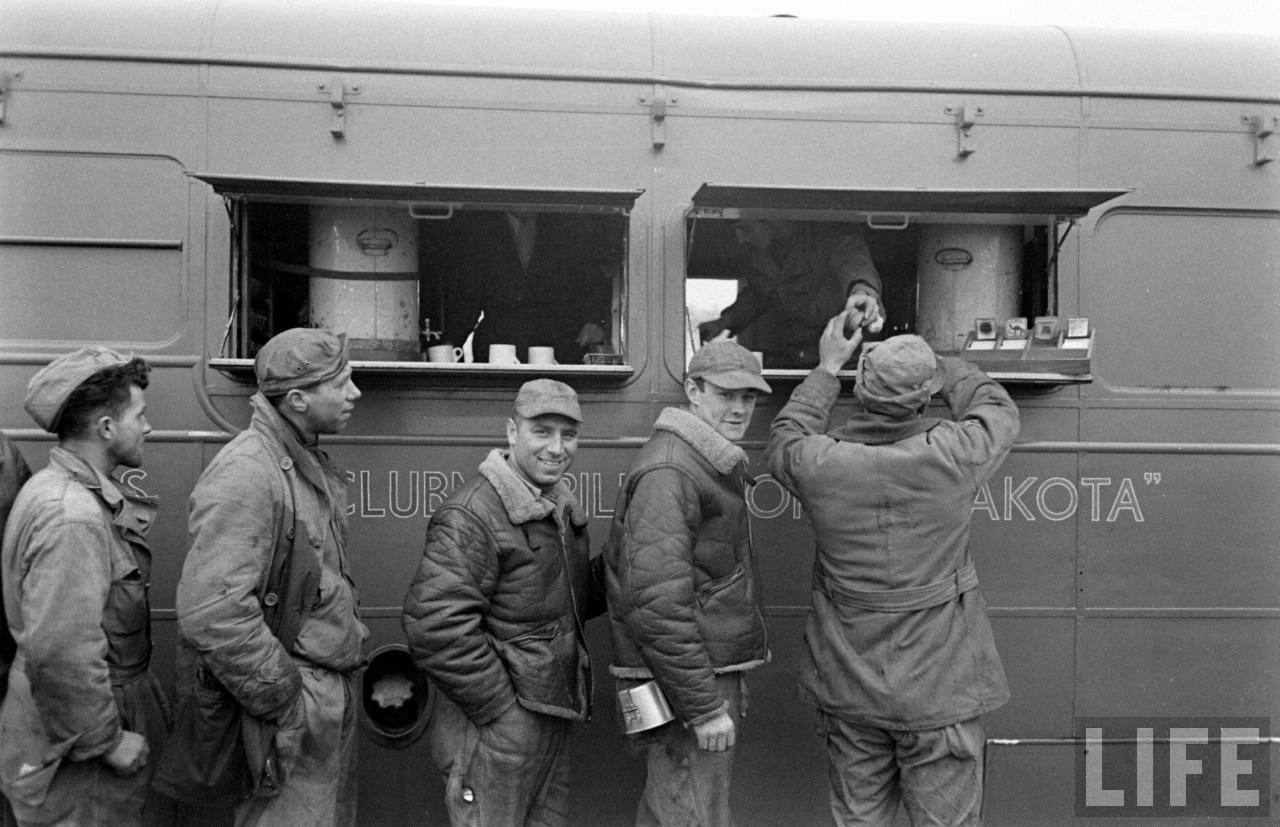
© Bob Landry
There were around 100 Red Cross Clubmobiles present for the Invasion of Normandy in June 1944, each of which was driven and staffed by three American women. After the invasion, eight Clubmobiles were around France, traveling with the rear echelon of the Army Corps, receiving their orders from the army.
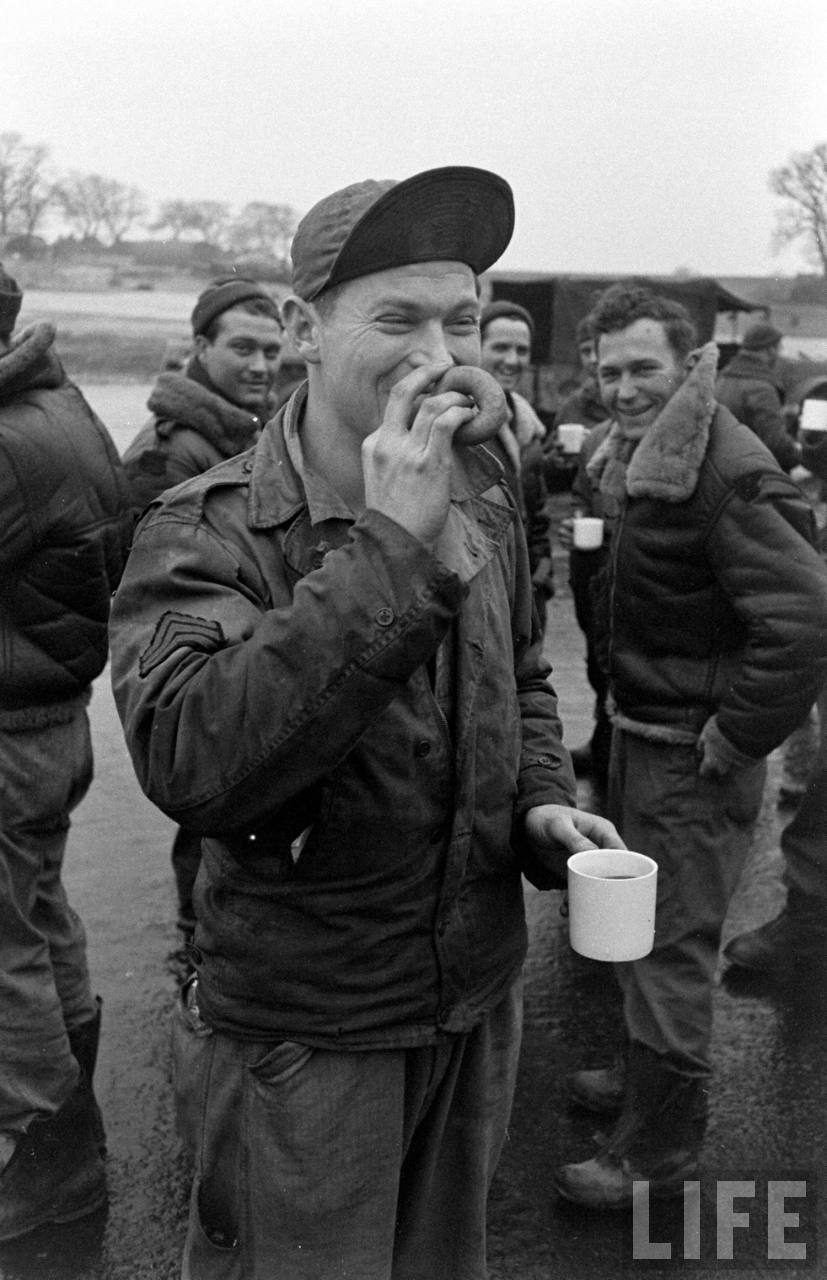
© Bob Landry
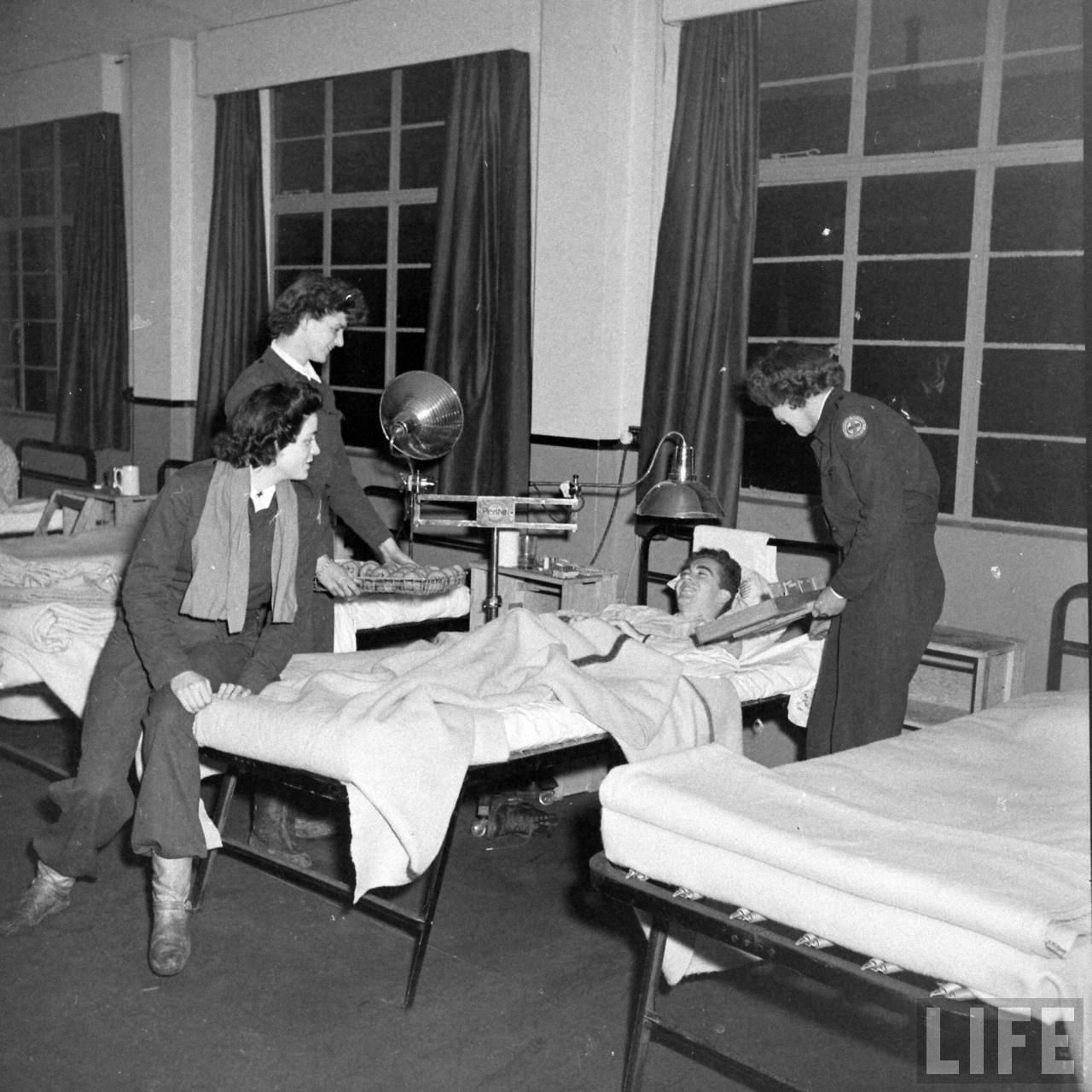
© Bob Landry
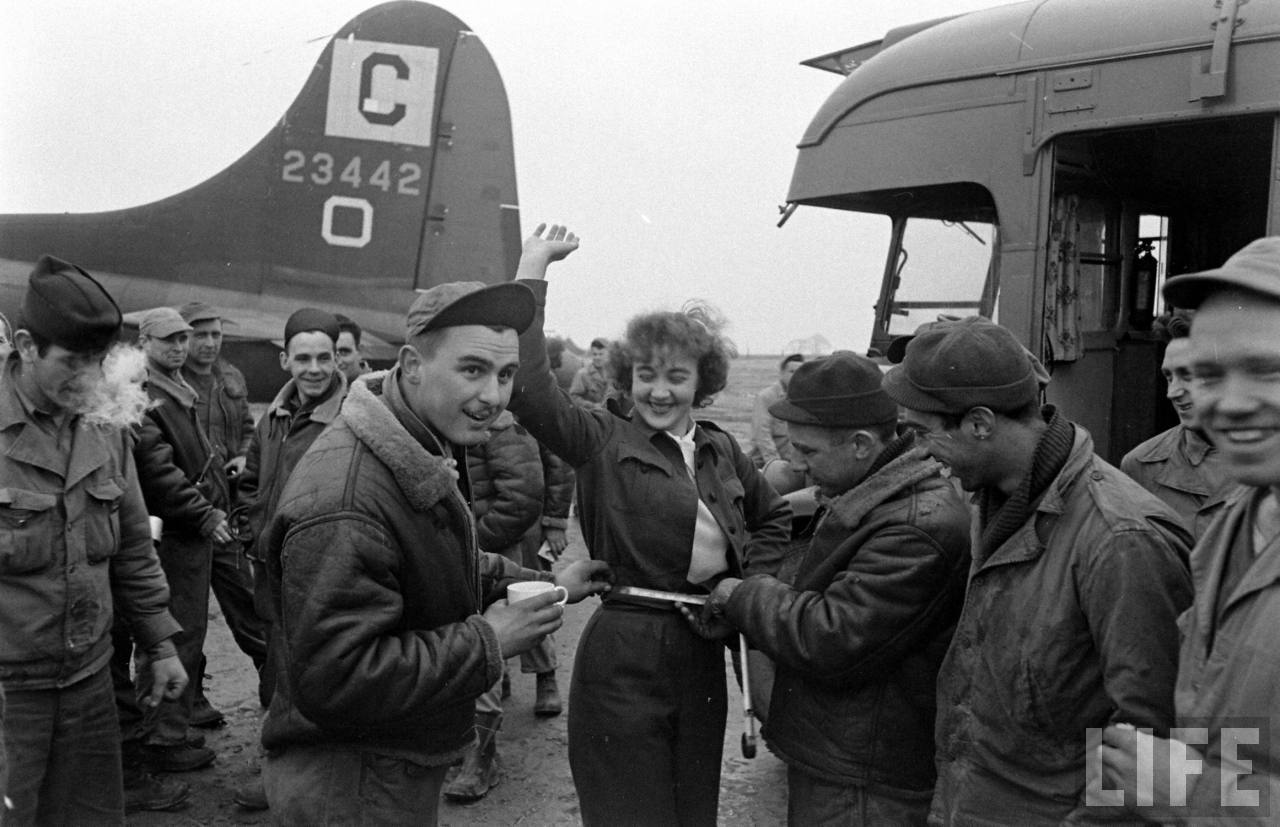
© Bob Landry
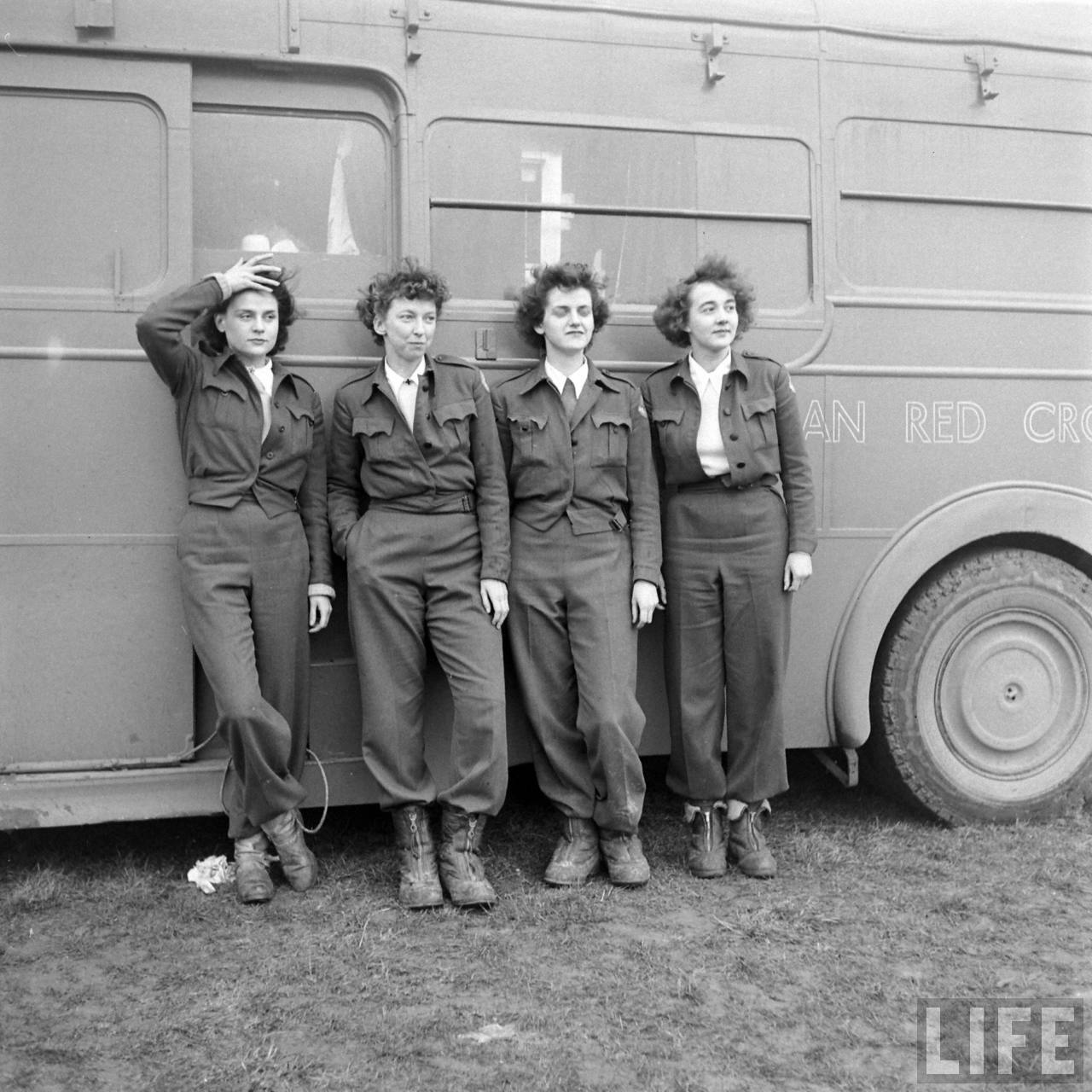
© Bob Landry
The donut dollies continued their service throughout France, Belgium, Luxembourg and Germany until the war was won in 1945 and would go on to operate during the Korean War and Vietnam War.
In remembrance of these women’s act of bravery the Salvation army created “National Donut Day” in 1938 which we have continued to celebrate. You can even learn a pretty adorable song written in 1919 about the doughnut girls’ adventures…


